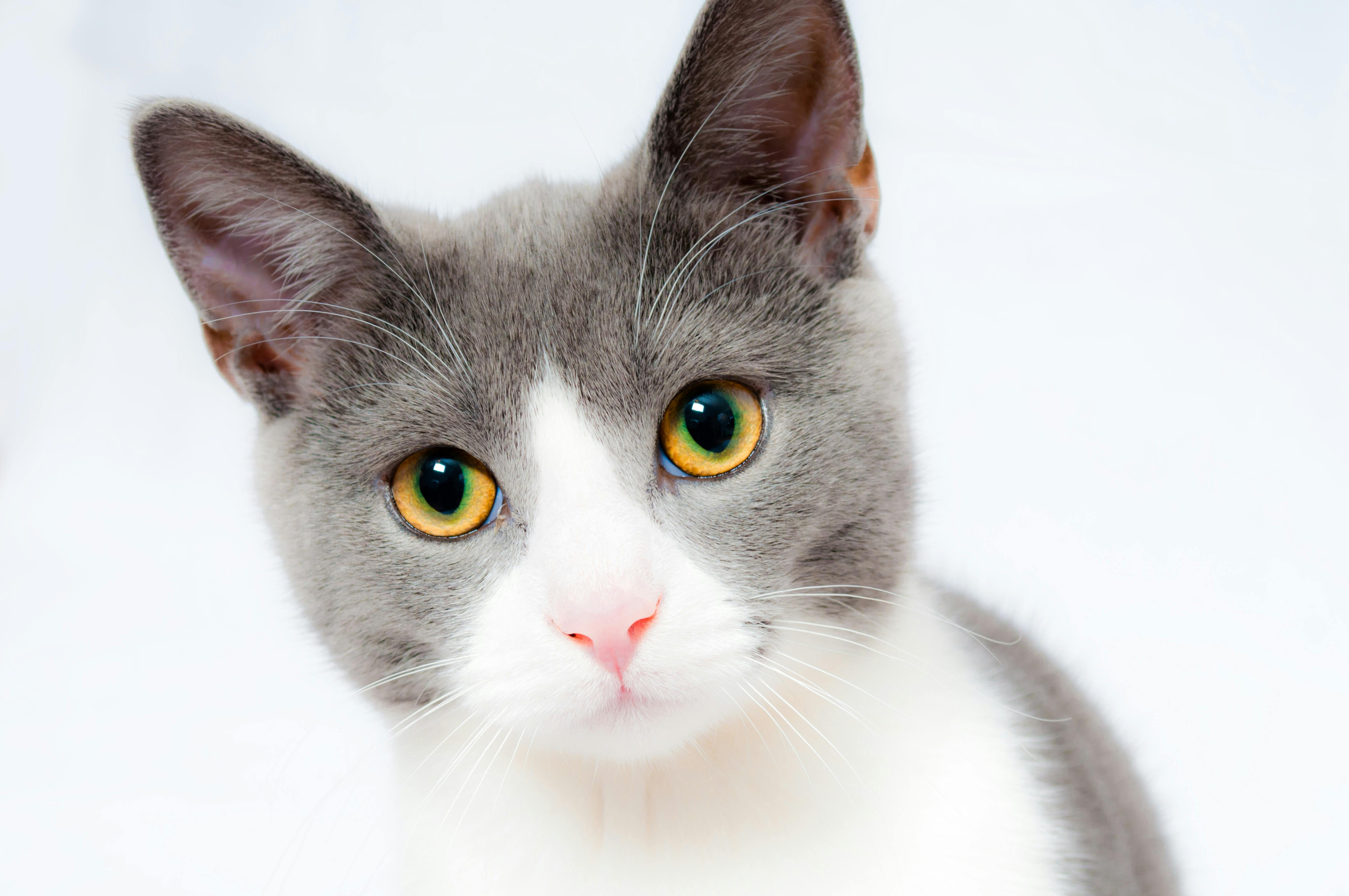Tips for Choosing a Healthy and Happy Kitten
Bringing a new kitten into your home is an exciting experience, but it's important to make an informed decision to ensure you choose a healthy and happy companion. This guide will provide you with essential tips for selecting the perfect kitten, from health considerations to behavioral traits, helping you embark on a rewarding journey of responsible pet ownership.

What should you look for in a kitten’s physical appearance?
When choosing a kitten, pay close attention to its physical appearance. A healthy kitten should have bright, clear eyes without any discharge or cloudiness. Their nose should be clean and free from mucus or excessive sneezing. Check the kitten’s coat for signs of parasites, such as fleas or ticks, and ensure it appears glossy and well-groomed. The kitten’s ears should be clean and free from debris or strong odors, which could indicate an infection. Additionally, observe the kitten’s gait to ensure it moves comfortably without any limping or signs of discomfort.
How can you assess a kitten’s overall health and energy levels?
A healthy kitten should display curiosity and playfulness. Observe the kitten’s behavior in its environment – it should be alert, responsive, and interested in its surroundings. Look for signs of energy and enthusiasm, such as chasing toys or interacting with littermates. A kitten that appears lethargic or uninterested in play may have underlying health issues. Check the kitten’s body condition; it should feel neither too thin nor overweight. A healthy kitten will have a good appetite and should be eating and drinking regularly.
What are the key behavioral traits to consider when choosing a kitten?
Personality plays a crucial role in selecting the right kitten for your home. Spend time interacting with the kitten to gauge its temperament. Some kittens are naturally more outgoing and confident, while others may be shy or reserved. Consider which personality type would best fit your lifestyle and household dynamics. Observe how the kitten interacts with humans and other animals. A kitten that is comfortable being held and shows affection is likely to adapt well to a family environment. Pay attention to signs of aggression or excessive fearfulness, as these traits may require additional socialization and training.
How important is the kitten’s age and background?
The ideal age to adopt a kitten is between 8 to 12 weeks old. At this stage, kittens have been weaned from their mother and have learned crucial social skills from their littermates. Younger kittens may require special care and feeding, while older kittens might need more time to adjust to a new home. Inquire about the kitten’s background, including information about its parents, living conditions, and any previous medical care. If possible, meet the kitten’s mother to get an idea of its potential adult temperament and size.
What unique considerations should you keep in mind when adopting in Worldwide?
When adopting a kitten in Worldwide, it’s essential to be aware of local pet ownership regulations and responsibilities. Many countries have specific laws regarding pet vaccinations, microchipping, and registration. Research the common health issues affecting cats in your region, as certain areas may have higher prevalence of specific diseases or parasites. Consider the climate and living conditions in your area, as these factors can influence your choice of breed and the type of care your kitten will need. Additionally, familiarize yourself with local veterinary services and pet supply stores to ensure you have access to proper care and resources for your new feline friend.
What are the costs associated with adopting and caring for a kitten?
Adopting a kitten involves both initial and ongoing costs. To help you prepare for the financial aspects of kitten ownership, here’s a breakdown of common expenses:
| Expense Category | Estimated Cost Range (USD) | Notes |
|---|---|---|
| Adoption Fee | $50 - $200 | Varies by shelter or breeder |
| Initial Vaccinations | $75 - $150 | Includes core vaccines |
| Spaying/Neutering | $100 - $300 | Depends on location and vet |
| Food (Monthly) | $20 - $50 | Varies by brand and quality |
| Litter (Monthly) | $15 - $30 | Depends on type and brand |
| Toys and Supplies | $50 - $150 | One-time initial purchase |
| Annual Vet Check-ups | $100 - $200 | Routine exams and boosters |
| Pet Insurance (Optional) | $10 - $40 per month | Varies by coverage and provider |
Prices, rates, or cost estimates mentioned in this article are based on the latest available information but may change over time. Independent research is advised before making financial decisions.
When budgeting for a new kitten, remember to factor in potential emergency veterinary care and ongoing expenses such as flea and worm treatments. The initial investment in quality supplies and preventive care can help reduce long-term costs and ensure your kitten’s well-being.
Choosing a healthy and happy kitten requires careful consideration of various factors, from physical health to personality traits. By taking the time to assess these aspects and prepare for the responsibilities of pet ownership, you’ll be well-equipped to welcome a new feline companion into your home. Remember that adopting a kitten is a long-term commitment, often spanning 15 years or more, so it’s crucial to make an informed decision that aligns with your lifestyle and expectations. With proper care, attention, and love, your new kitten will grow into a cherished member of your family, bringing joy and companionship for years to come.




